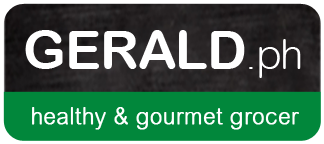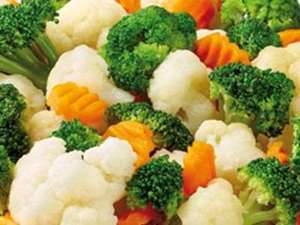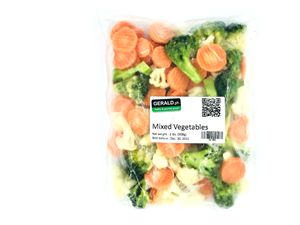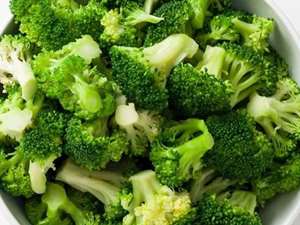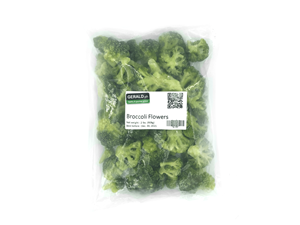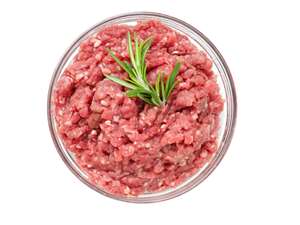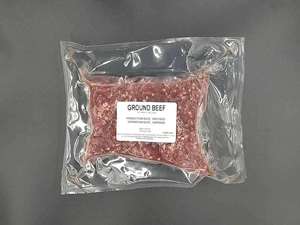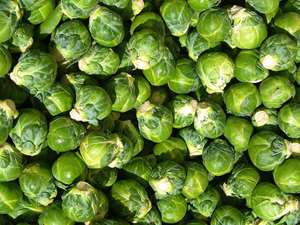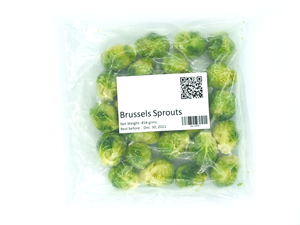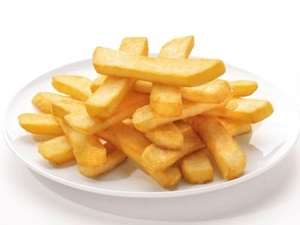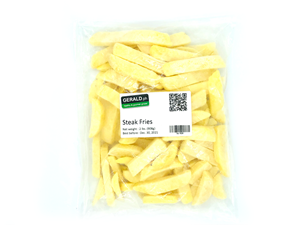How to Cook Mashed Potatoes:
The plain mashed potatoes are already pre-cooked, simply reheat and sprinkle some seasonings to serve.
Guide for Reheating:
Stovetop:
Put mashed potatoes in a covered pan and cook over low heat. Stir occasionally until thoroughly heated. Add butter, milk, or any seasoning you may like.
Microwave:
Remove frozen potatoes from the pack and put them in a microwavable dish. Cover and heat on medium-high for about 5 minutes, stir occasionally.
Oven:
Remove frozen potatoes from the pack and place them in a covered oven-safe dish. Heat at 350º F for 20-30 minutes. Stir occasionally until thoroughly heated.
*Ovens may vary, changes in temperature and time of cooking may be applied.
Serving Ideas:
- Go British and pair with sausage for a smashing banger and mash
- Have a little twist by replacing rice with this, alongside your steak and veggies
- Top with gravy beside the glazed turkey with roasted veggies for an awesome festive meal
- Sprinkle pepper or your choice of spices and herbs, side with green peas, cubed carrots, and corn bits
- Healthier when blended with cauliflower, get the buttery taste with lesser carbs
- Opt for nonfat milk or low-fat yogurt or add with chicken stock for a creamy whip, opt also for olive oil instead of butter for healthier fat
Potato purée, mashed from pure potatoes.
Health Benefits:
Relatively low in calories and full of nutrients, vitamins, and minerals.
Potatoes are inherently a good source of potassium, vitamin C, proteins, fibers, and contain phytonutrients that help promote health.
On its mashed form with added whole milk, it can provide 10% vitamin C, 12% vitamin B6, and 6% Potassium for every hundred-gram serving. It can also be used as a replacement for a starch portion like rice.
Fair warning: Potatoes are also naturally rich in simple carbohydrates, moderation and portion control are the key.
| Average Nutritional Values (serving size 100g) | Per 100 g |
| Calories | 106 | * |
| Total Fat | 5 g | 6% |
| Saturated Fat | 2.6 g | 13% |
| Cholesterol | 13 g | 4% |
| Sodium | 298 mg | 13% |
| Total Carbohydrates | 13 g | 5% |
| Dietary Fiber | 1.9 g | 7% |
| Sugars | 1.8 g | |
| Protein | 2 g | 4% |
| Calcium | 3% |
| Iron | 2% |
| Potassium | 6% |
*Percent values are based on a 2000-calorie diet.
